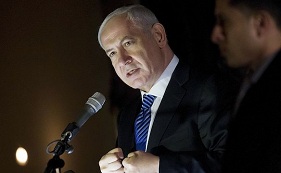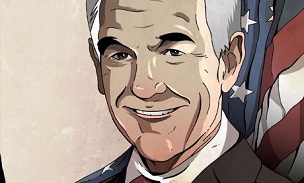European Union imposes oil embargo on Iran

Israeli Prime Minister Benjamin Netanyahu praises
EU oil sanctions on Iran. (Amsterdam, January 18.)
Using Iran’s nuclear programs as a pretext, the US is escalating its confrontation with Iran. Both US and Israel have repeatedly made clear their preparedness to unilaterally attack Iran on the basis of unsubstantiated claims that it is acquiring nuclear weapons.
European Union (EU) foreign ministers meeting in Brussels yesterday imposed far-reaching economic sanctions on Iran, including an embargo on Iranian oil imports that will come into full force in July. The embargo is an act of economic war that heightens the danger of a slide into military hostilities in the Persian Gulf.
The EU sanctions are comprehensive, hitting every aspect of Iran’s oil industry. The 27 member countries will halt the signing of any new oil contracts with Iran immediately, and end existing ones by July 1. The ban will cover imports of crude oil, petroleum products and petrochemical products, and will extend to the export of equipment and technology to, and new investment in, Iran’s energy sector.
The EU has also targetted Iran’s central bank, freezing the bulk of its assets in Europe. There are limited exceptions to allow for what is still regarded as legitimate trade. The European measures complement legislation signed into law by President Barack Obama on December 31 providing for penalties against any company, including foreign corporations, having business dealings with Iran’s central bank. The US measures seek to block all Iranian oil sales internationally, crippling the country’s economy.
Last year, the European Union purchased nearly a quarter of Iran’s exported oil. Several southern European countries—Greece in particular—have been heavily dependent on oil imports from Iran and resistant to the imposition of a full embargo. They have been pulled into line with the vague promise of a review by May 1 of any adverse economic impact from the sanctions.
If implemented, the embargo will have a severe impact on the Iranian economy, which relies substantially on oil exports. Iran’s currency has dropped 14 percent in value against the US dollar since Friday, adding to high levels of inflation inside the country.



























